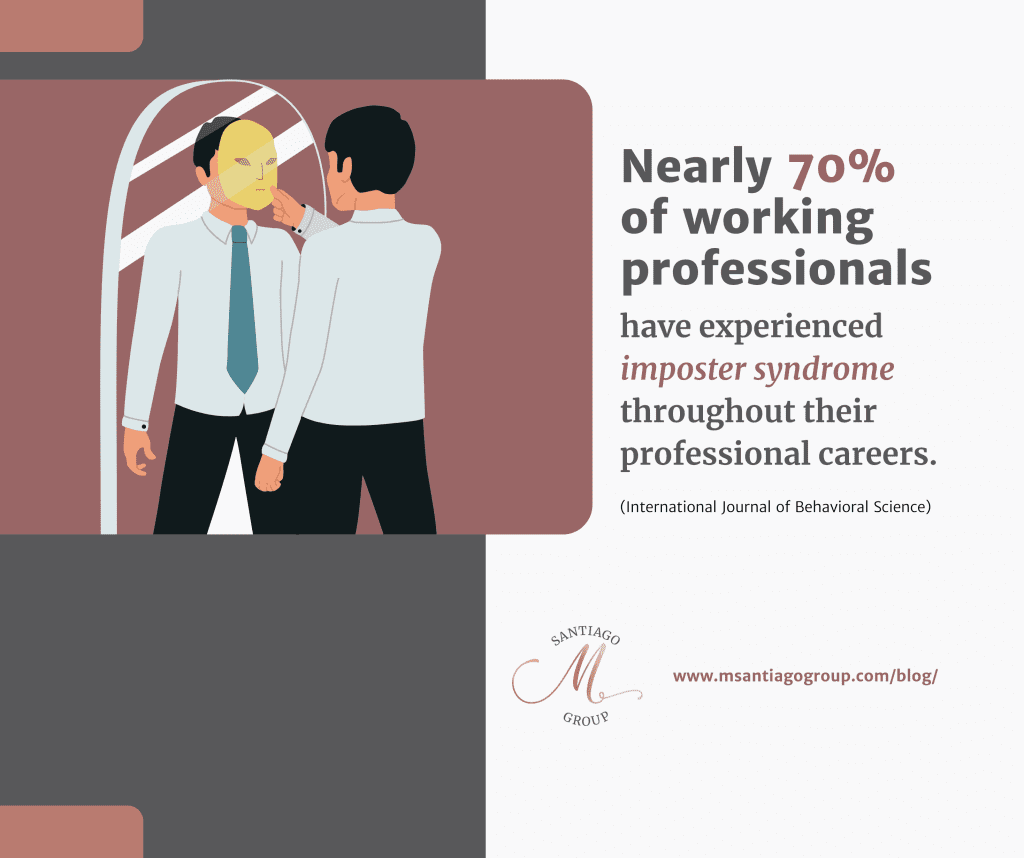I Regret Accepting My New Job. Now, What?
It has taken you time and strategic planning to land this new career opportunity. You’ve evaluated the options, identified your core values, evaluated your past contributions, and conducted hours of research. Critical questions were asked during multiple rounds of interviews, and finally, you negotiated and accepted an offer. However, there still seems to be angst after four weeks into the new role. You ask yourself, “Do I regret accepting this new job opportunity?” So, what to do with this feeling of regret accepting a job offer?
Table of Contents
- How to deal with regret accepting a job offer
- Don’t panic
- Before you resign, ask yourself some questions
- Are you dealing with imposter syndrome in a new job?
- Communicate, partner, and understand
- 5 signs you need to resign a new job
- New job regret: summary
How to Deal with Regret Accepting a Job Offer
Don’t Panic
The first thing to do is not panic. Trust your judgment and the preparation it took to get you to this point. Experiencing a bout of new-job regret can feel incredibly isolating. With the information given, you’ve taken all the necessary measures to set yourself up for success in the opportunity and organization.
Before you Resign, Ask Yourself Some Questions
Before you quit or start looking elsewhere, take the time to evaluate the situation. How can you leverage this opportunity to support your overall growth and the development of those around you? What can you control, and how can you influence change? The answers to these questions might help you discover ways to improve the environment around you and move forward with the company you chose.
Are You Dealing with Imposter Syndrome in a New Job?
Imposter syndrome is the persistent inability to believe that one’s success is deserved or has been legitimately achieved because of one’s efforts or skills, which may cause regret when changing jobs. Is this something you are experiencing? According to the International Journal of Behavioral Science, nearly 70% of working professionals have experienced imposter syndrome throughout their professional careers. A professional support system and mentors can be instrumental in reshaping your viewpoint about your value as it pertains to your new role.
Communicate, Partner, and Understand
Are you being too hasty? Forbes Senior Contributor Jack Kelly says, “I’ve seen too many people quit their jobs for the wrong reasons. The decisions may have been prompted by a perceived slight, not being offered a promotion, a disagreement with a co-worker, or other matters that could have been smoothed out through a rational conversation, without having to take sudden drastic action.” Try communicating with leadership and peers to strengthen partnerships and shed light on the culture, company norms, and growth opportunities. These actions might reignite your enthusiasm for the company and the new role’s possibilities.
5 Signs You Need to Resign a New Job
If you’ve done all you can, still regret taking a new job and feel that you simply must leave, here are a few steps:
- Schedule a consultation with your resume writer or career coach to develop an understanding of how to communicate your short-term role on your resume and in an interview.
- Start making a list. According to Erin Grau, co-founder, and COO at workplace wellness consultancy Charter, “It’s important to deeply understand, or even document, what matters to you most in a job, revisiting how it fits in with your broader ambitions, your values, and the right work-life rhythm for you.”
- Stay the course until you secure a new role. We never know how long it will take us to find the right fit. Jack Kelly also says that having another employment opportunity in hand exponentially helps leverage your negotiating power for a higher salary and better benefits.
- Avoid the same scenario by conducting informational interviews to glean some in-depth insight you may have needed in your previous job-searching strategy.
- Transition with respect and professional courtesy.
New Job Regret: Summary
Although it may not feel like it, experiencing new job regret is an excellent opportunity to learn more about yourself and reinforce what is important. Quitting a job is extremely personal, and two of the best takeaways from the experience of regret is to understand no amount of preparation and research can fully disclose all the details of an employment opportunity objectively. Navigating your career transition alone does not have to be an option. Reach out for more information on writing and coaching services and see how M. Santiago Group can guide and support you through the various cycles of your career.





